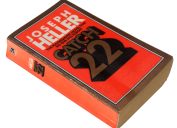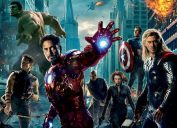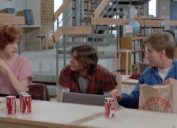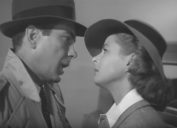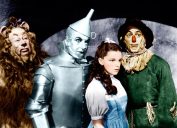23 Amazing Books That Made Even Better Movies
For every "The Hobbit," there's a "The Lord of the Rings."
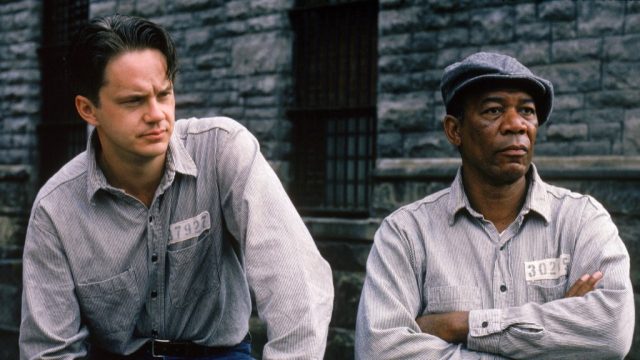
It's accepted wisdom that, for the most part, the book is better than the movie—and that's even more true when said book is a minted literary classic. Still, for every page-to-screen adaptation that falls flat (sorry, The Hobbit), there's one that elevates and transforms the beloved source material into a cinematic masterpiece (see: The Lord of the Rings trilogy). Without taking anything away from the novels they're based on, these 23 movies prove sometimes the best way to tell a story is on screen.
1
The Wizard of Oz (1939)
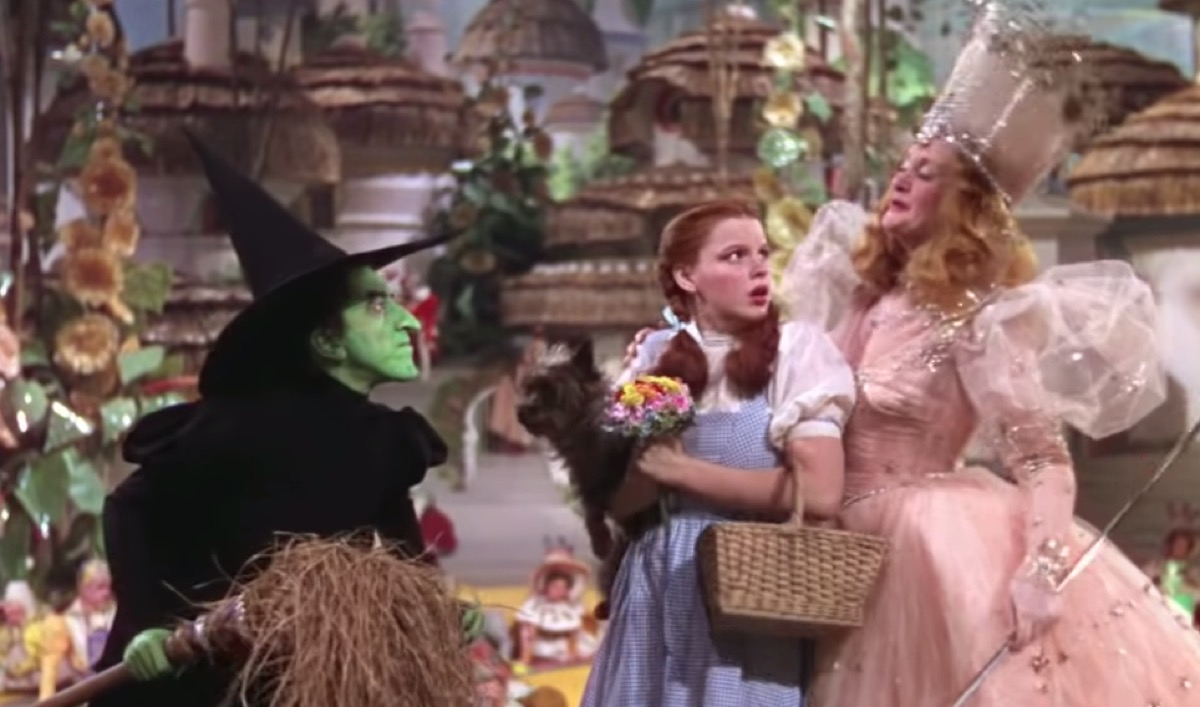
There is no denying the influence of L. Frank Baum, whose 1900 novel The Wonderful Wizard of Oz and its subsequent sequels had a tremendous impact on children's literature and countless young minds. Still, it's the 1939 film, directed by Victor Fleming, that made The Wizard of Oz one of the most famous stories ever told. Few cinematic moments have the same magic as the one in which Judy Garland's Dorothy steps into Oz, and her black-and-white world becomes awash in glorious Technicolor.
2
Rebecca (1940)
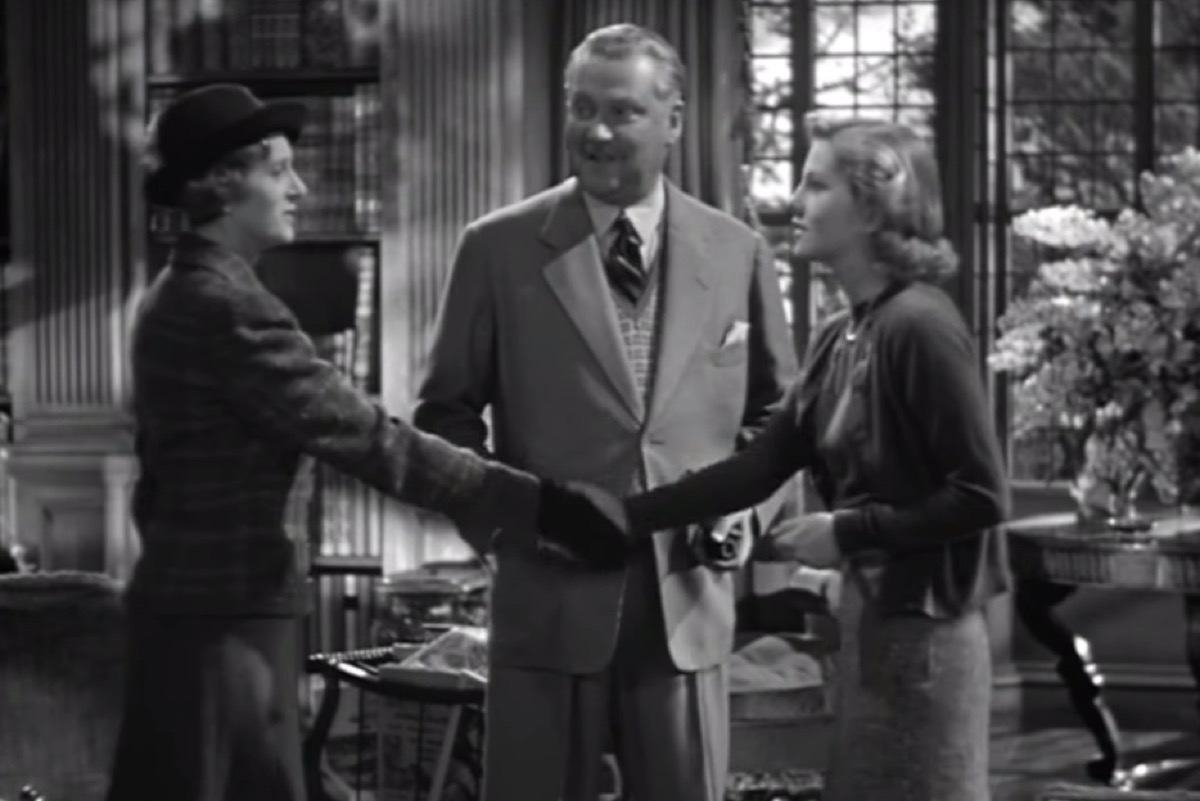
Interestingly enough, Daphne du Maurier's 1938 novel makes some more provocative choices than the 1940 adaptation, which had to sanitize things to conform to the Hollywood Production Code. So, what makes the film a superior achievement? Alfred Hitchcock. The director never let himself be held back by the limitations of his time, instead creating a unique (and often imitated) style that made Rebecca a classic of psychological horror and suspense.
3
Stand by Me (1986)
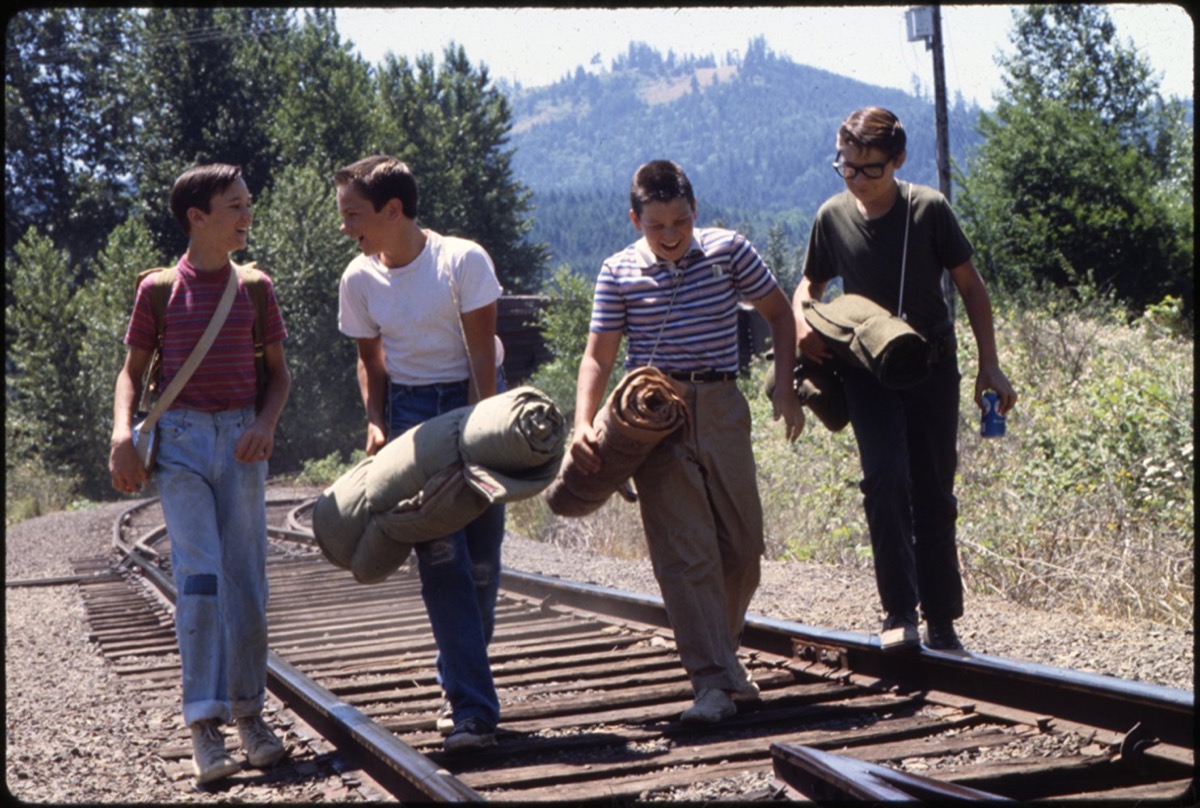
Stephen King's novella The Body, published as part of his 1982 collection Different Seasons, tells the fairly straightforward story of four young friends who go out in search of a dead body. It's a bittersweet coming-of-age tale, but Rob Reiner's 1986 adaptation elevated it to another level. Much of the credit goes to the phenomenal child actors assembled, including Wil Wheaton and River Phoenix, who make their characters feel honest and lived-in. All in all, it's a full-bodied realization of a comparatively brief piece of literature.
4
A Clockwork Orange (1971)
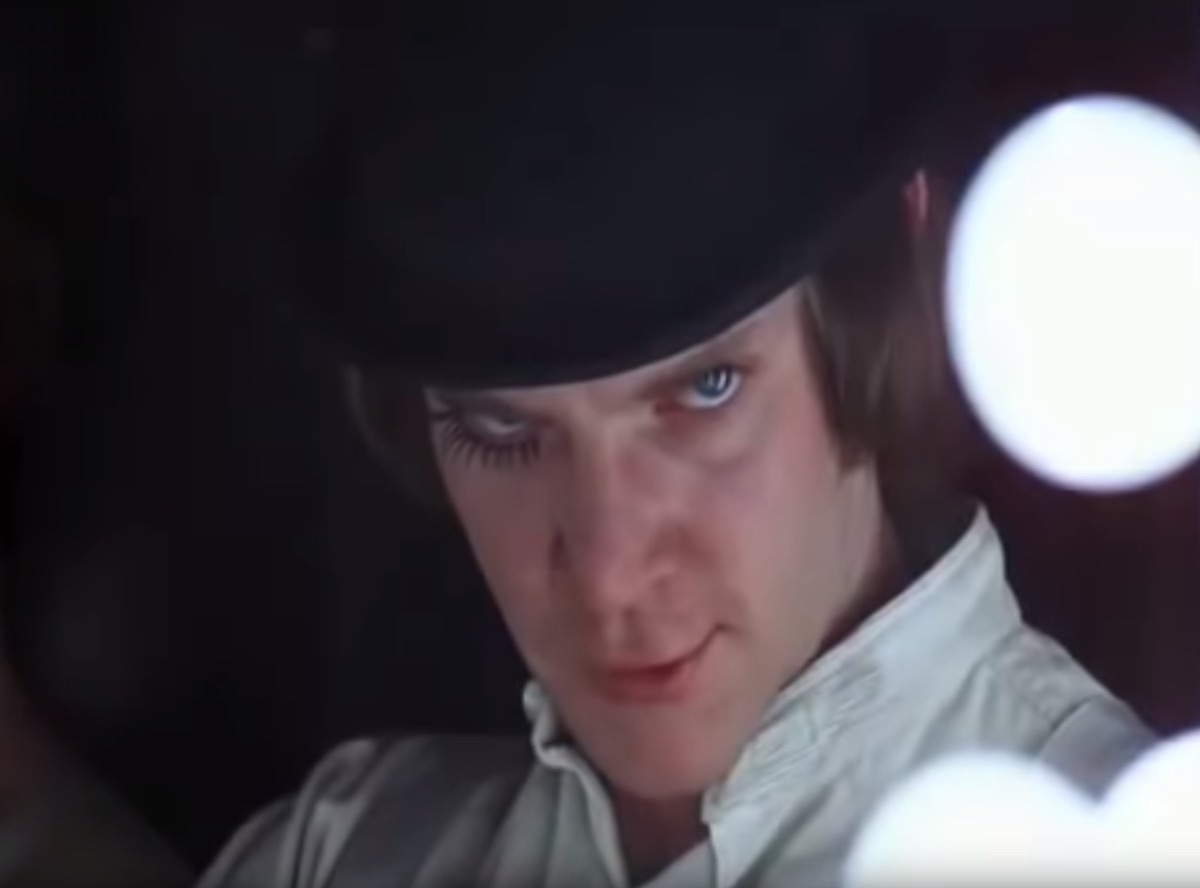
Anthony Burgess may have had his issues with how his controversial 1962 book was adapted to the big screen (namely, that the final chapter was omitted), but Stanley Kubrick's even more controversial 1971 film has stood the test of time. Kubrick retained the book's distinctive slang and added his own directorial flair. While the movie has more to offer than aesthetics, it's arguably the gorgeous visual style—which presents an unforgettable glimpse at a dystopian future—that has made it such an enduring classic.
5
One Flew Over the Cuckoo's Nest (1975)
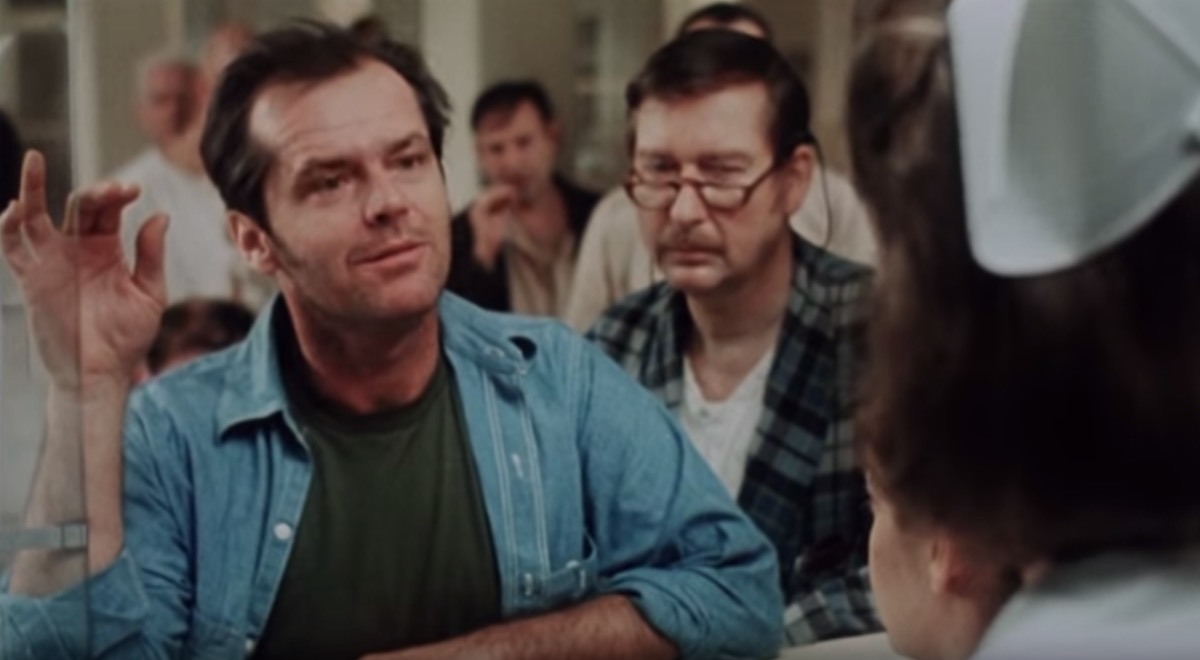
When people think of One Flew Over the Cuckoo's Nest, they think of the intense conflict between patient Randall McMurphy and the monstrous Nurse Ratched. Ken Kesey's 1962 novel, however, is told from the perspective of the Chief, who is less of a focal point in the 1975 Miloš Forman adaptation. The film's tighter focus on the two primary adversaries—played brilliantly by Jack Nicholson and Louise Fletcher, respectively—made it an instant classic.
6
The Shining (1980)
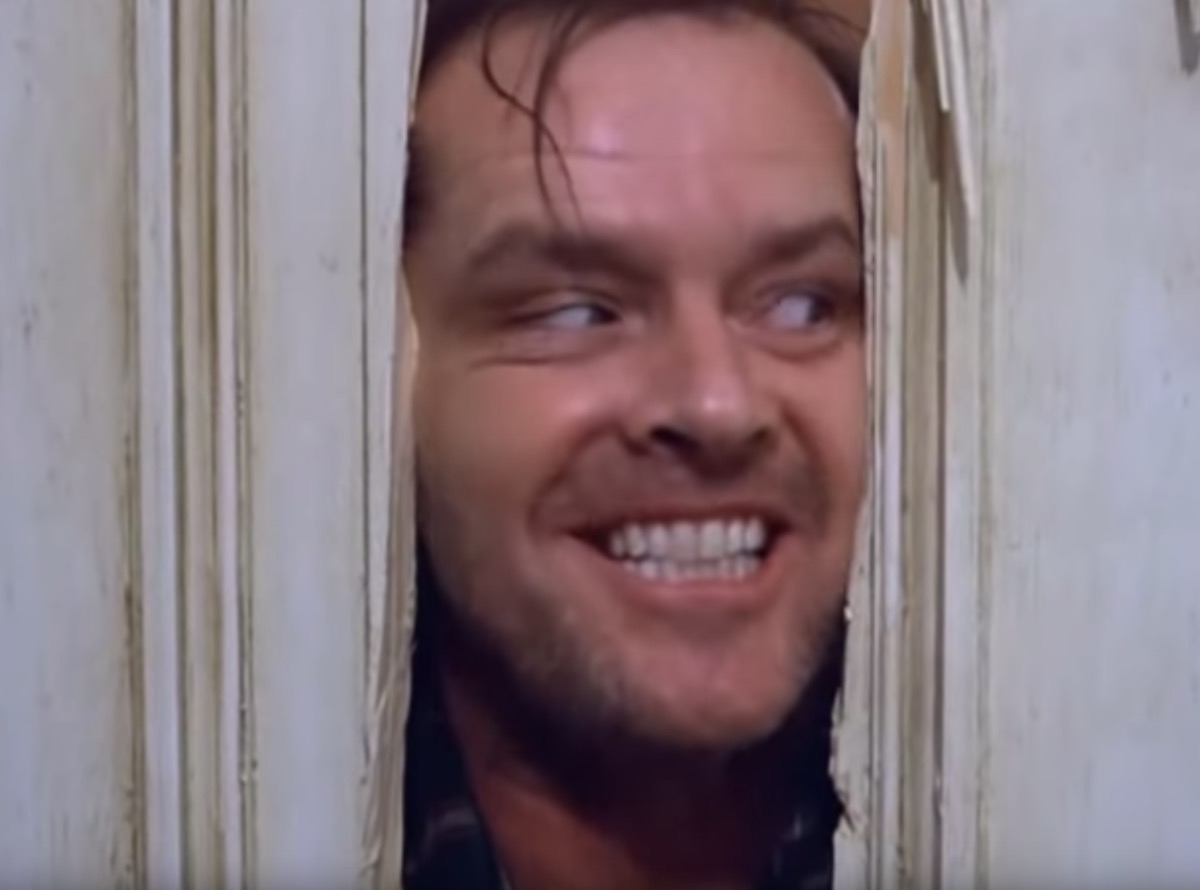
Although The Shining is commonly regarded as the all-time greatest King adaptation, Kubrick's 1980 film is also notorious for being one of King's least favorite takes on his work. It's understandable that the author wouldn't love the fundamental changes made to his 1977 novel, including those two famous biking tykes. But no matter how horrifying the book is, The Shining's most lasting impression is in the imagery unique to the film: An evil hedge animal can't hold a candle to an elevator of blood.
7
Blade Runner (1982)
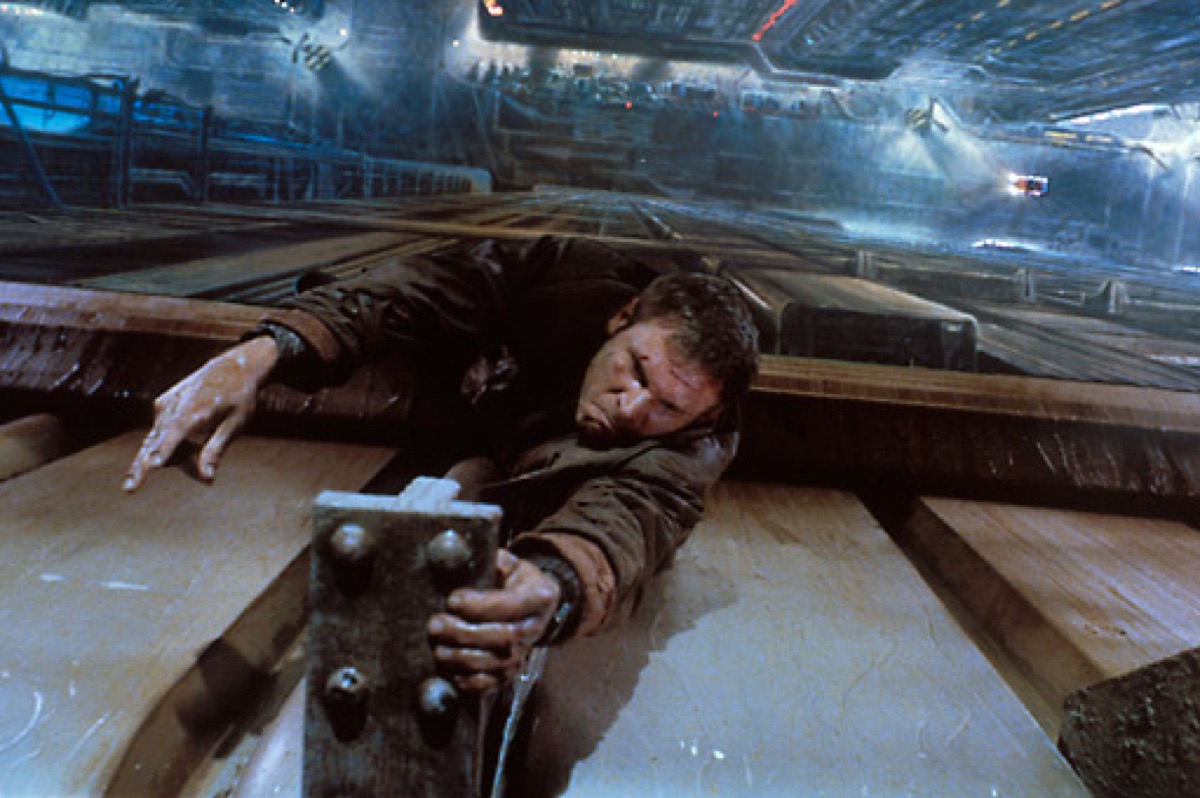
Sure, Blade Runner is technically just a loose adaptation of the 1968 Phillip K. Dick novel Do Androids Dream of Electric Sheep? But the 1982 film still owes many of its characters and overarching ideas to its source material. And the reason Ridley Scott's adaptation works so well is in how it takes Dick's classic sci-fi ideas and translates them into a stunning but somehow familiar articulation of the future. Watching the movie now provides a surprising reflection of how predictive it was.
8
The Princess Bride (1987)

When he wrote The Princess Bride in 1973, William Goldman was satirizing the genres he was working in (fantasy, romance, fairy tales). In adapting his own novel for the screen, Goldman retained the source material's cheeky tone while adding in a bit more sincerity. On top of that, he threw in a Chicago-based, modern-day framing narrative, in which a grandfather (Peter Falk) reads the story to a young child (Fred Savage), making it a bit more relatable than the purely fantastical book version. Throw in some deft direction on the part of Reiner, and you have a 1987 classic that's impossible not to swoon over.
9
The Silence of the Lambs (1991)
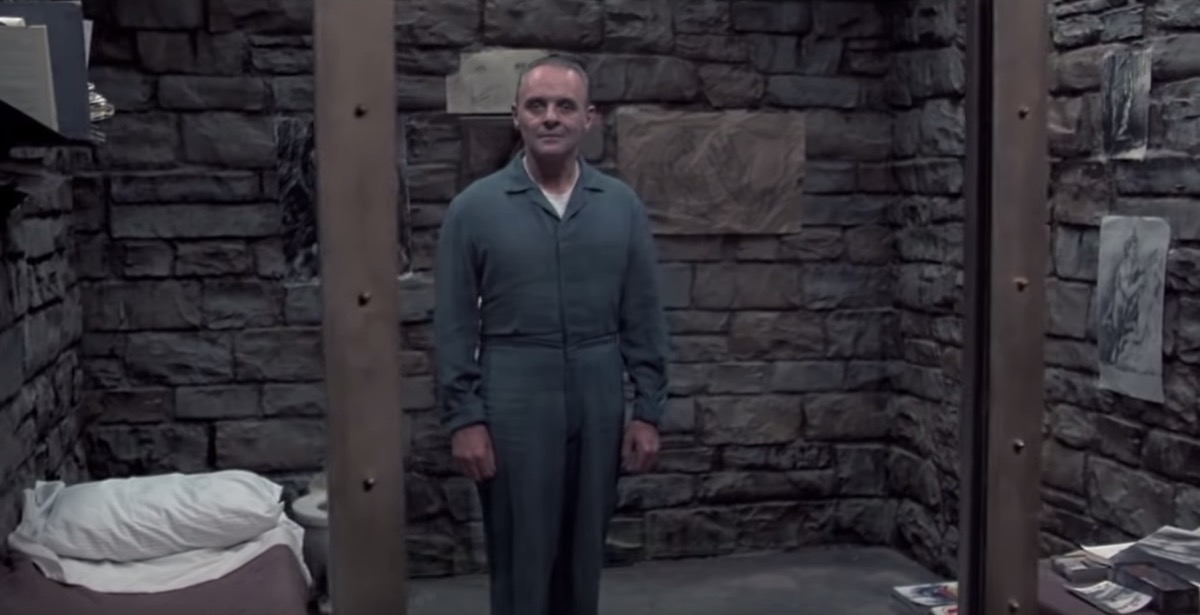
Jonathan Demme's 1991 film wasn't the first time brilliant cannibal serial killer Hannibal Lecter was seen on screen: Brian Cox played him in 1986's also lauded Manhunter, based on another Thomas Harris novel. But it was in the adaptation of Harris' 1988 book The Silence of the Lambs that Anthony Hopkins got a chance to sink his teeth into the character. With just 16 minutes of screentime, Hopkins transformed Hannibal into an iconic villain for the ages (and nabbed a Best Actor Oscar).
10
Jurassic Park (1993)
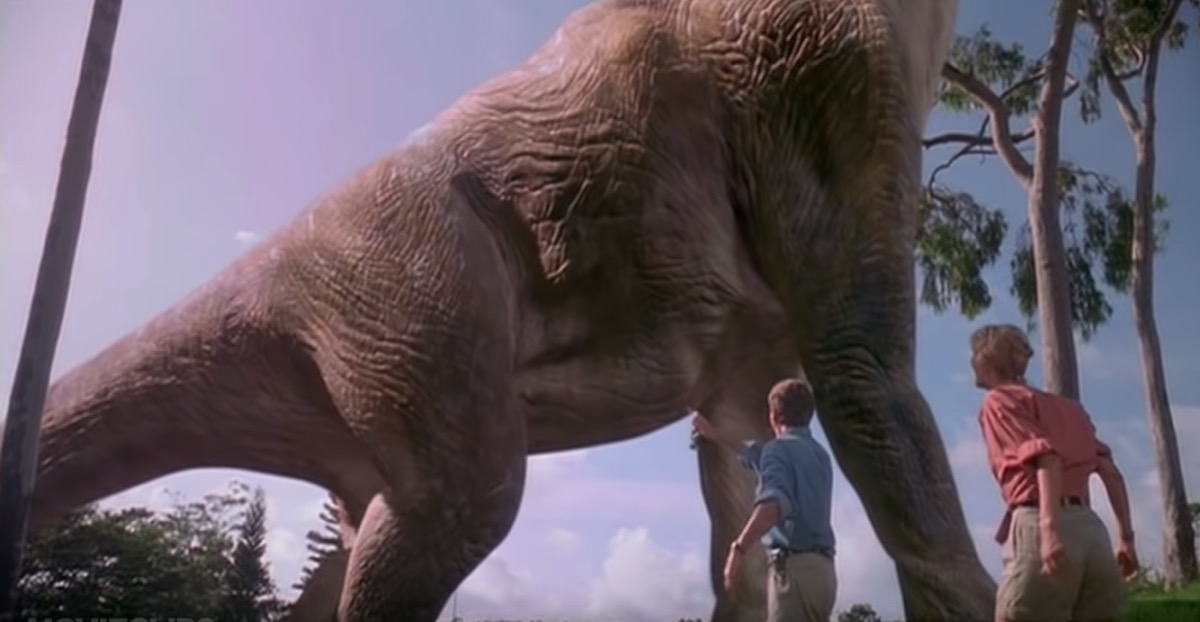
Yes, it was the vision of Michael Crichton's 1990 novel that gave us genetically engineered dinosaurs roaming the earth, but it's hard to compete with the mind-boggling special effects of Steven Spielberg's 1993 film adaptation. While the more recent sequels display advanced movie-making technology, nothing since the original Jurassic Park has so perfectly captured the majesty and terror of science (and a T-Rex) run amuck.
11
The Shawshank Redemption (1994)
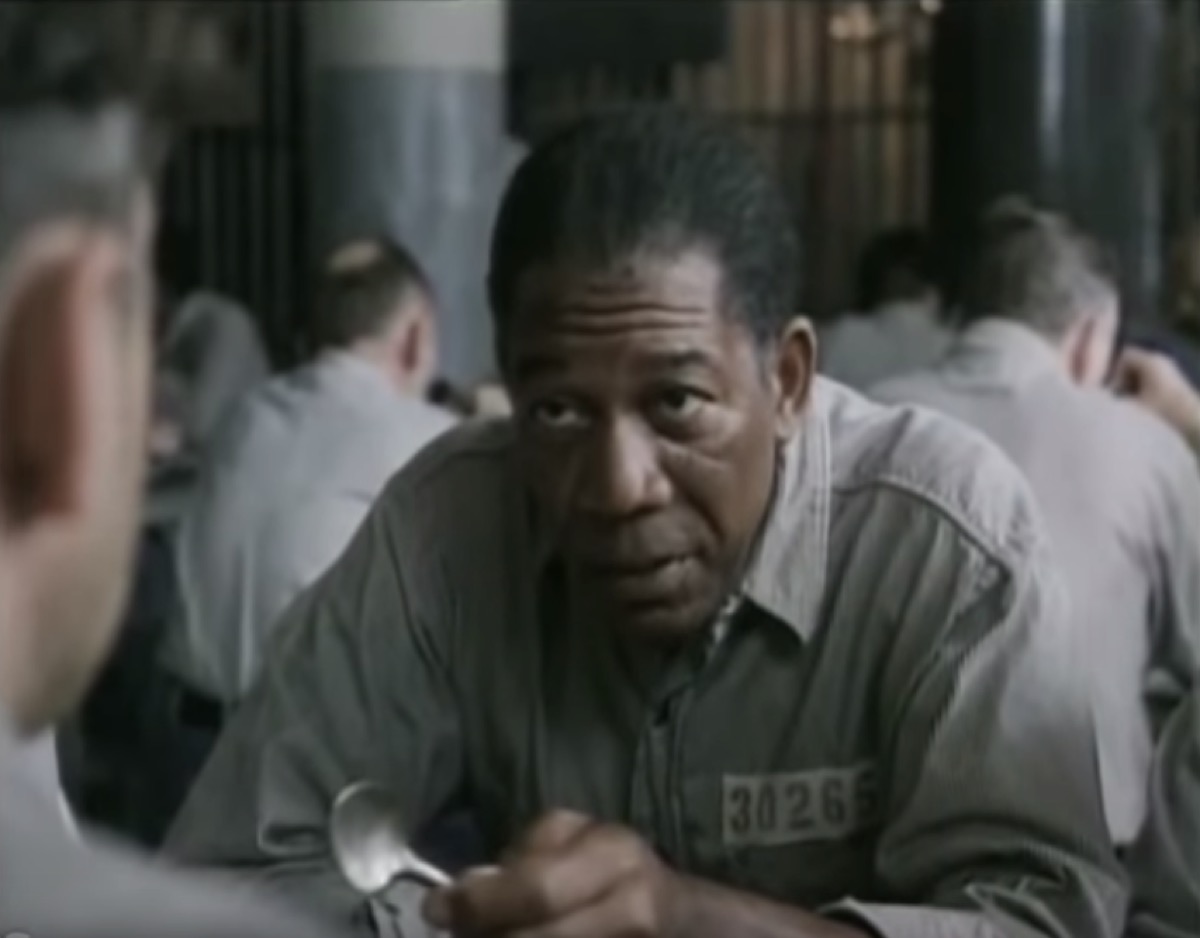
Also from King's Different Seasons comes the novella Rita Hayworth and Shawshank Redemption, which got a truncated title for Frank Darabont's 1994 adaptation. It also got narration from Morgan Freeman as Ellis "Red" Redding. Though the plot doesn't differ much from the source material, the film captures the horrors of incarceration and the triumph of the human spirit more fully than the book.
12
Starship Troopers (1997)
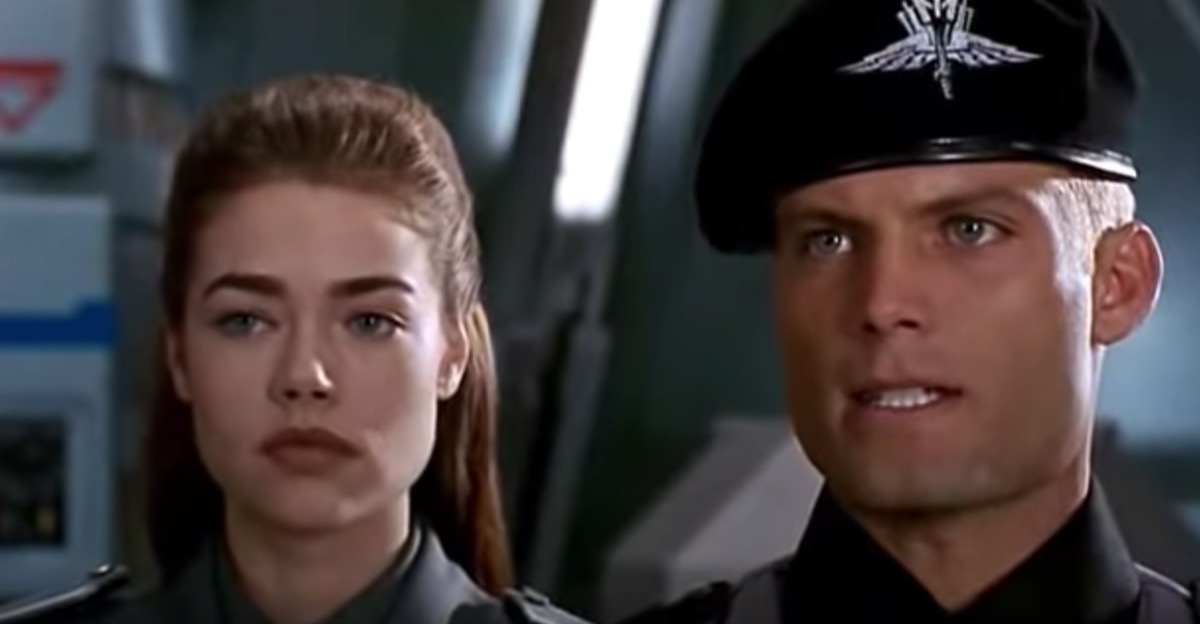
While it was heavily maligned upon its 1997 release (Roger Ebert slapped it with a two-star review), Starship Troopers has since earned well-deserved recognition for its sharp satire of militarism and nationalism. On that front, the Paul Verhoeven film is a major step forward from the 1959 Robert Heinlein novel, which has been criticized for its apparent endorsement of the very things the movie lampoons. Though Heinlein defenders have said the book's politics are misunderstood, the film is certainly less ambiguous.
13
L.A. Confidential (1997)
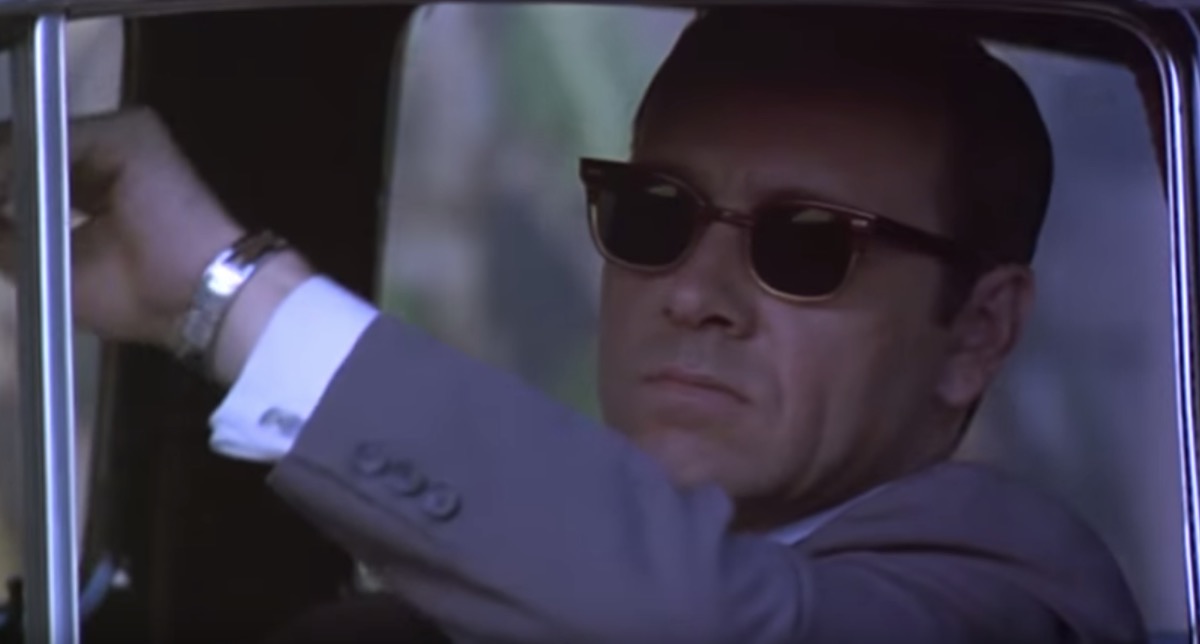
Both the 1997 movie and the 1990 novel pay loving homage to hardboiled '50s noir. But Curtis Hanson's film is ultimately more effective than James Ellroy's book in replicating the look and feel of its predecessors. The adaptation is a rich and satisfying viewing experience that feels somehow both distinctly of its time and like a transplant from another era. It helps that the film stars actors like Kim Basinger and then-unknowns Guy Pearce and Russell Crowe, all of whom are adept at period pieces.
14
Fight Club (1999)
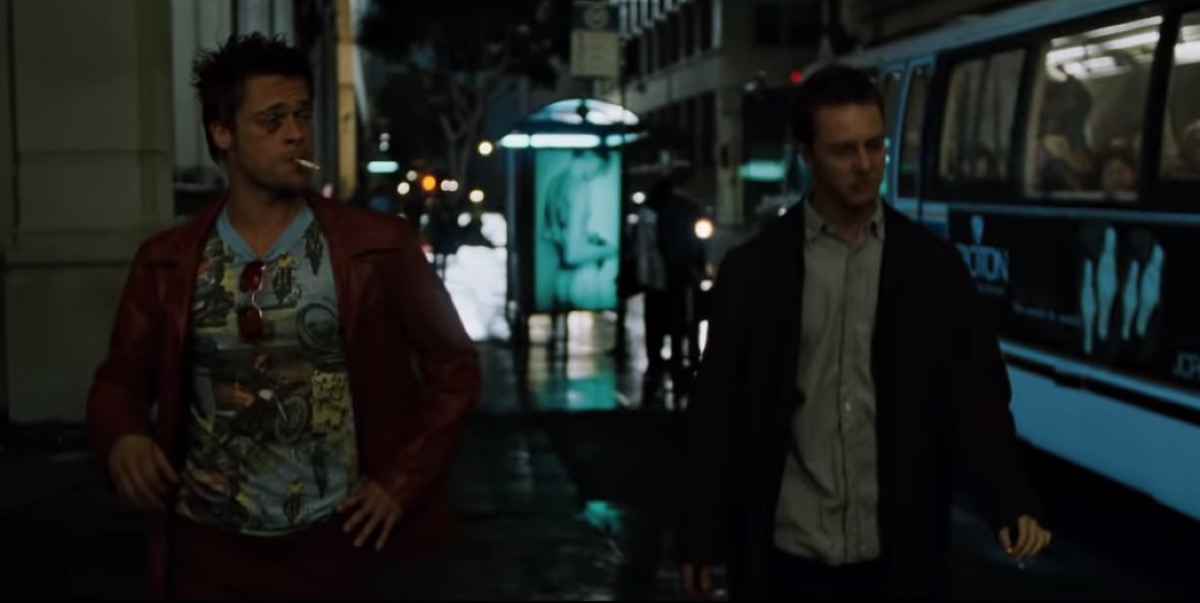
It all comes down to the ending: Without giving anything away, David Fincher's 1999 film raises the stakes for the climax that's far more explosive than the conclusion to the 1996 Chuck Palahniuk novel. The result is a work that feels more in touch with its satirical aims. While some have misinterpreted both the book and movie as endorsements of toxic masculinity and violence, Fincher's Fight Club ends up offering a clearer reflection of its irony.
15
The Lord of the Rings trilogy (2001–2003)
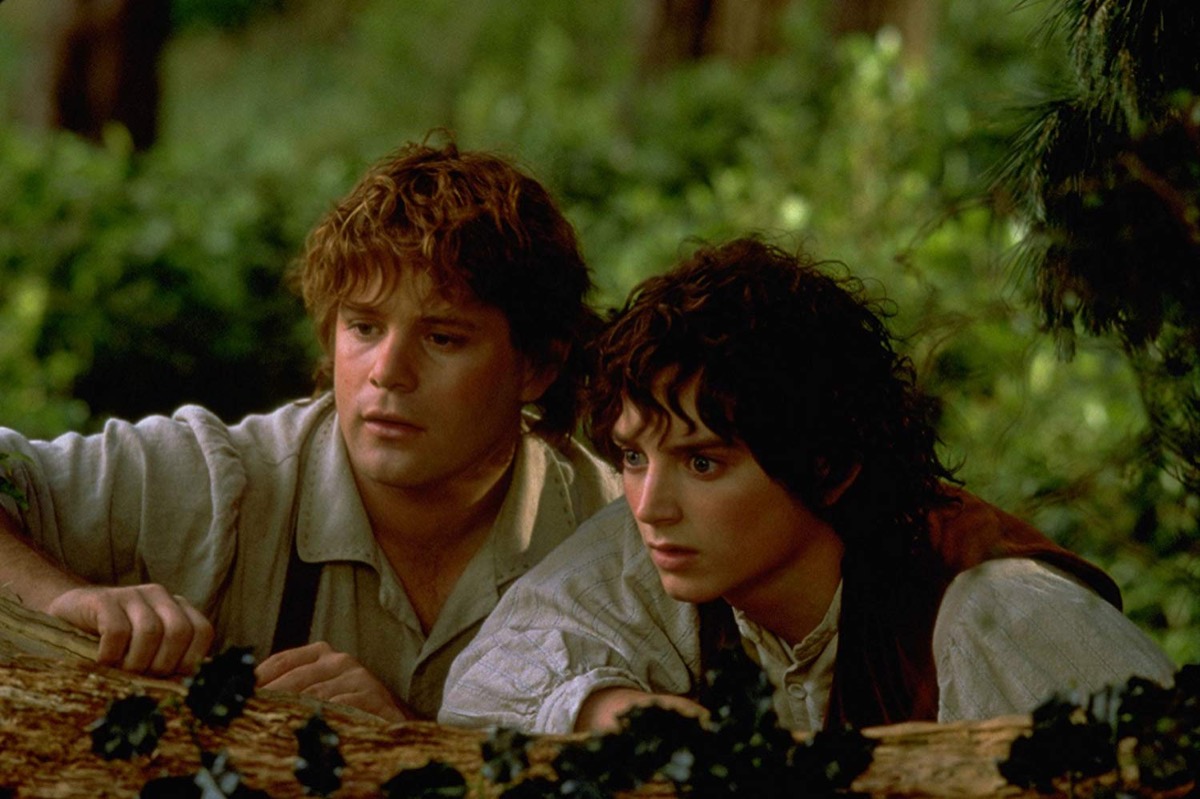
Fantasy fans will tell you that J. R. R. Tolkien's trilogy, originally published in 1954 and 1955, is a stunning literary achievement—and they're right. But that doesn't make the dense, lore-heavy books an easy read, particularly for those who are less accustomed to the genre. Of course, Tolkien's attention to detail is part of what helped make Peter Jackson's cinematic trilogy, released between 2001 and 2003, such a success.
Jackson trimmed the fat and took some of the juicier narratives that were buried deep in Tolkien's appendices—most importantly, the romance between Aragon (Viggo Mortensen) and Arwen (Liv Tyler)—and put them front-and-center on the big screen. In doing so, the writer-director created a more satisfying and accessible series, which won an impressive 17 Academy Awards.
16
Mystic River (2003)
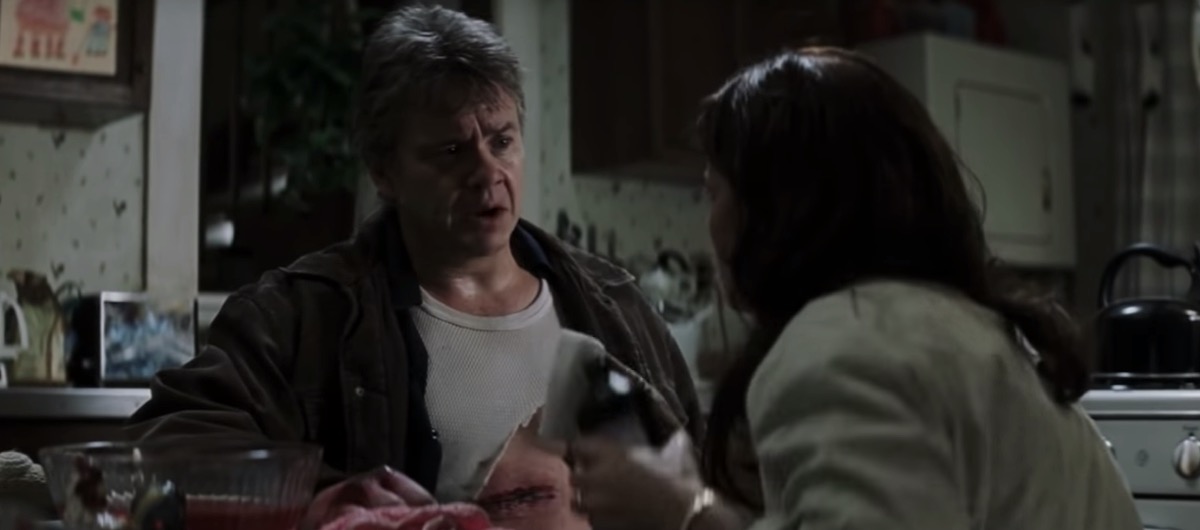
The tight pacing and gripping mysteries of Dennis Lehane's literary fiction made it prime for a big screen adaptation. His work is worth enjoying on its own, but the 2003 film version of his 2001 novel Mystic River showcases the way cinema can make Lehane's well-constructed stories even better. Clint Eastwood's direction helped produce some exceptional performances from Sean Penn and Tim Robbins, both of whom won Academy Awards for their work.
17
Children of Men (2006)
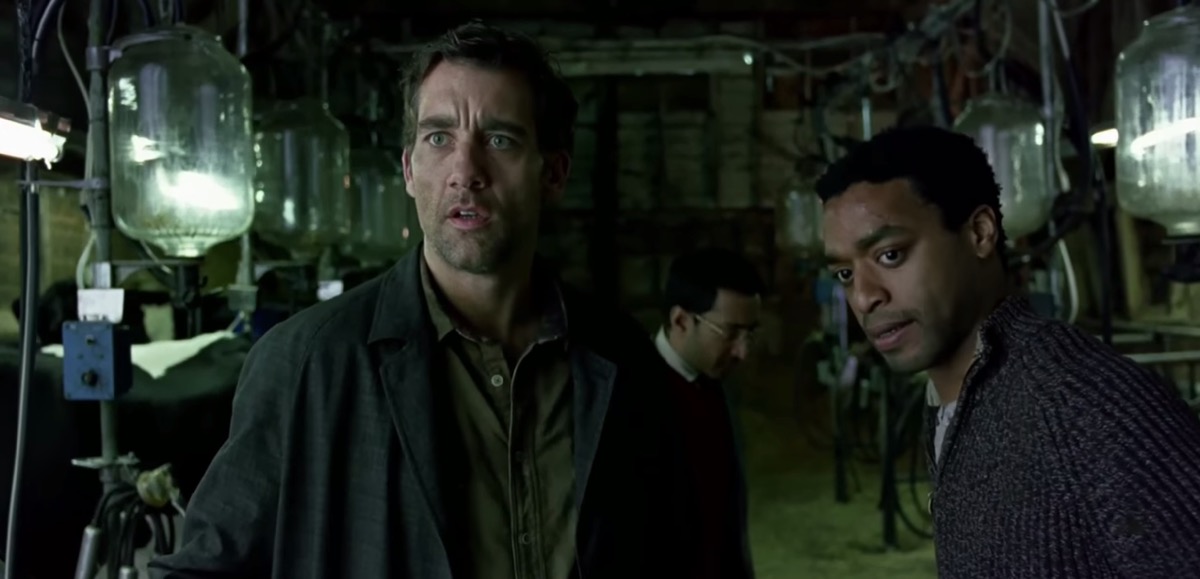
P.D. James' 1992 novel The Children of Men deserves accolades for elevating a well-trodden sci-fi trope (humans suddenly and mysteriously can no longer reproduce, plunging society into a ruthless dystopia). But Alfonso Cuarón's 2006 film adaptation turned the work into art of the highest form.
The movie is an awe-inspiring look at what film is uniquely able to accomplish. While the story of human infertility and a collapsing society is mostly the same, it's Cuarón's tight direction that makes Children of Men unforgettable with sequences so harrowing, you find yourself holding your breath.
18
Atonement (2007)
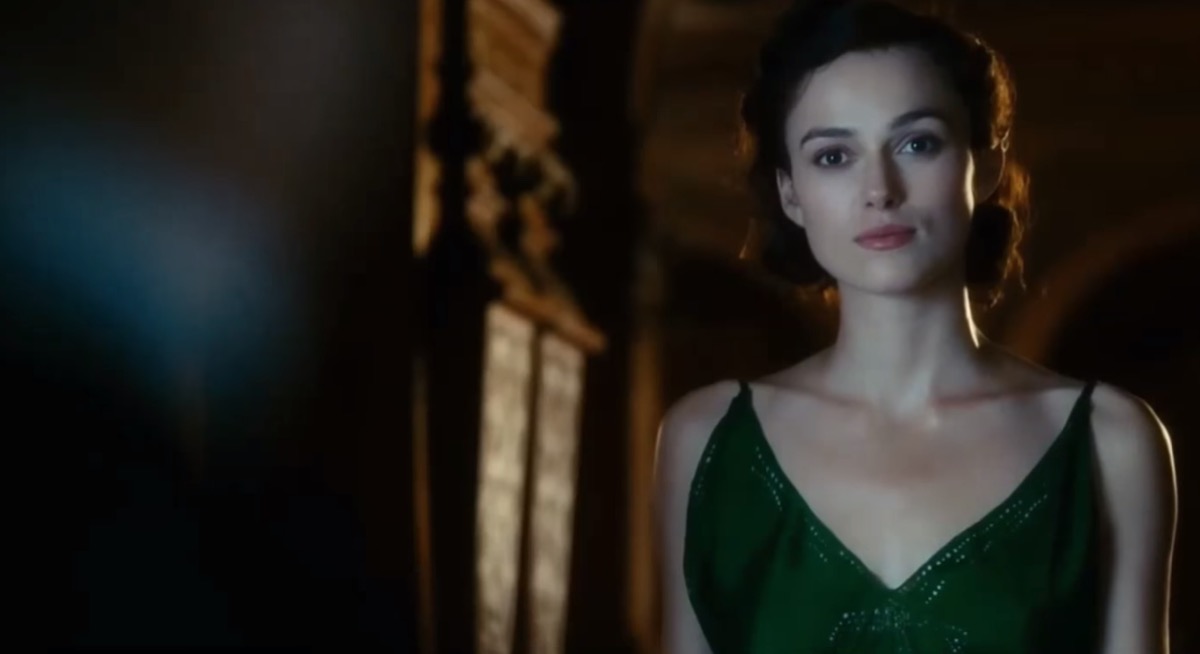
In terms of plot, Joe Wright's 2007 film hews quite closely to Ian McEwan's 2001 novel. But because so much of the book takes place in the minds of its characters, the movie has to rely on a more visual language. The result is some indelible imagery—namely, Keira Knightley in an iconic green dress, and one deeply heartbreaking shot that reveals the truth of what happened to Cecilia. (We won't spoil it for you.) While both works are devastating, the adaptation proves a touch more haunting.
19
No Country for Old Men (2007)
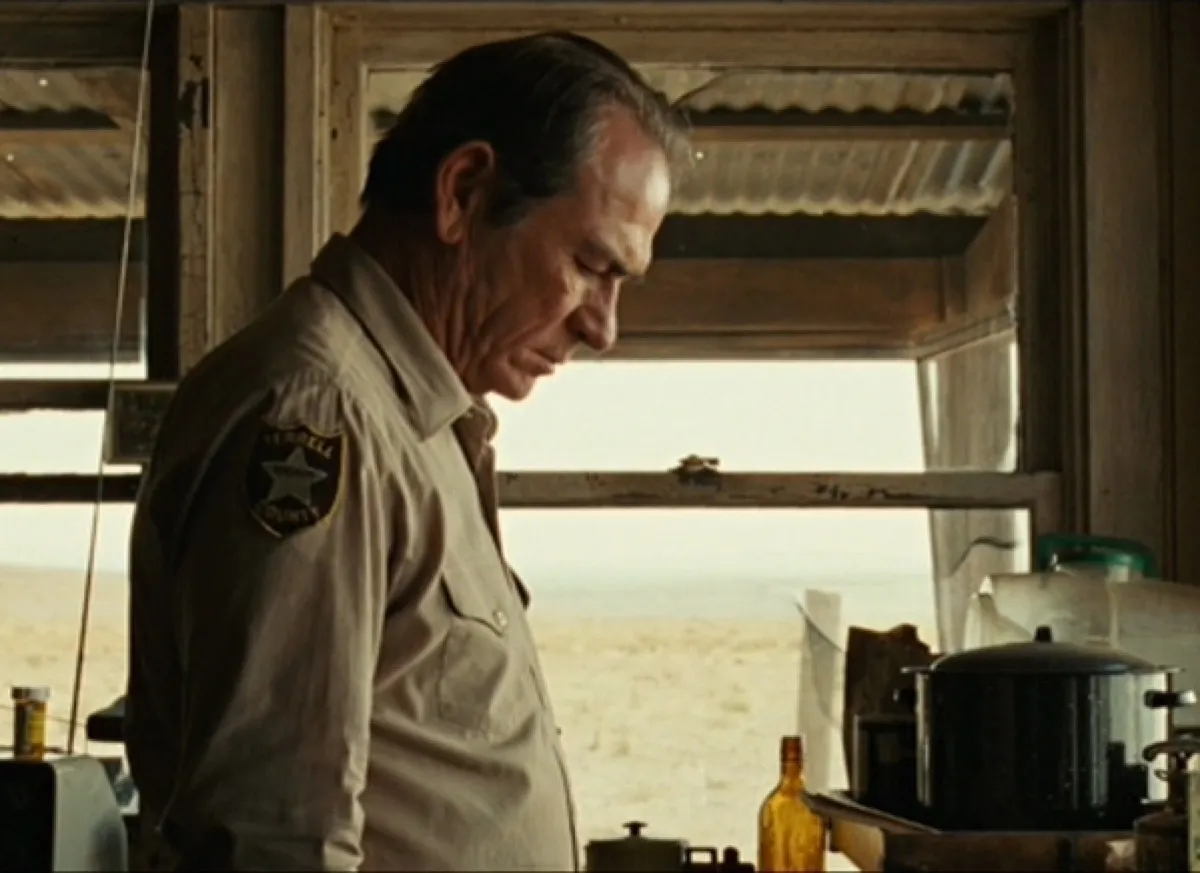
Cormac McCarthy novels aren't exactly the most accessible, and 2005's No Country for Old Men is no exception. With their Oscar-winning 2007 adaptation, however, Joel and Ethan Coen give the story a more expansive feel. You can get just as lost in book as you can in the neo-Western, but the latter is a somewhat more pleasant excursion, thanks to a healthy heaping of Coen-minted dark comedy that's missing from McCarthy's sparse prose.
20
There Will Be Blood (2007)
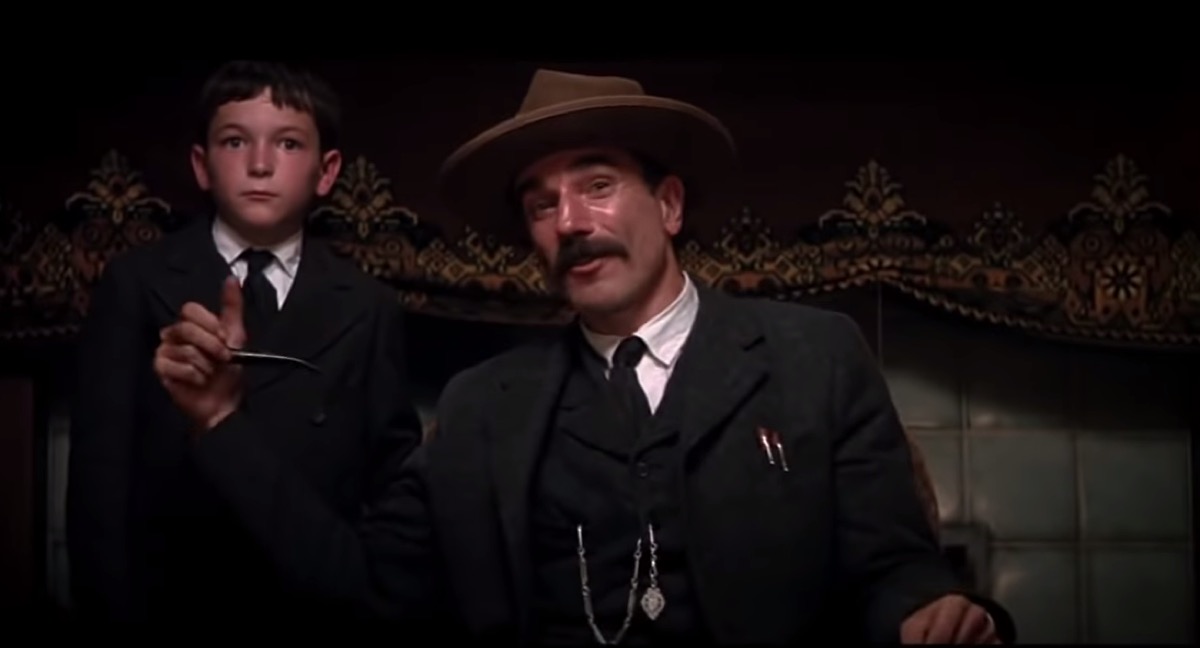
To be fair to author Upton Sinclair, Paul Thomas Anderson's 2007 film bears only a passing resemblance to his 1926 novel Oil! Still, the movie is unequivocally an improvement on its loose source material. While the works share thematic similarities—and some plot points—the film is an even more sprawling epic. It also features the director's trademark dark humor and unabashed strangeness, making it more compelling and memorable overall.
21
The Girl With the Dragon Tattoo (2009)
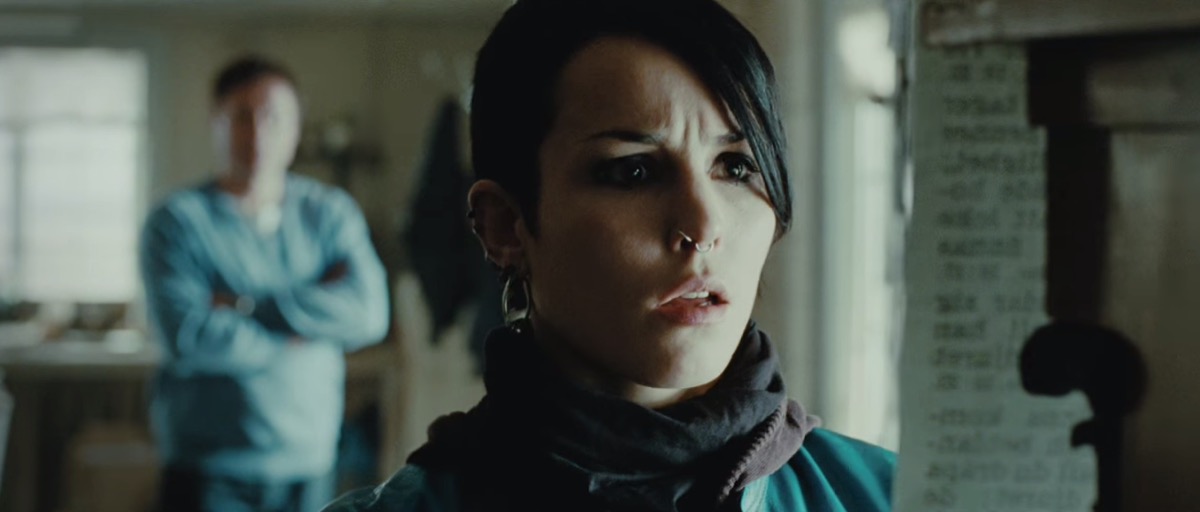
Stieg Larsson's 2005 novel made the author posthumously famous when it was released just a year after he died. His three-part Millennium series was deeply compelling crime fiction, and introduced readers to troubled computer hacker Lisbeth Salander. Over the years, Lisbeth has been played, in multiple adaptations, by actresses like Rooney Mara and Claire Foy, but she was never better than when embodied by Noomi Rapace in the original 2009 Swedish adaptation. Rapace reprised the role in two sequels, making her the definitive Lisbeth.
22
Room (2015)

In adapting her own 2010 novel for the screen in 2015, Emma Donoghue made things less claustrophobic. The movie spends more time on the outside rather than in the titular room, giving it a depth and scope that surpasses her original work. The adaptation of Room catapulted Brie Larson to stardom, and with good reason, but the film's most captivating performance comes from child actor Jacob Tremblay, who manages to portray both innocence and wisdom well beyond his years.
23
Call Me by Your Name (2017)
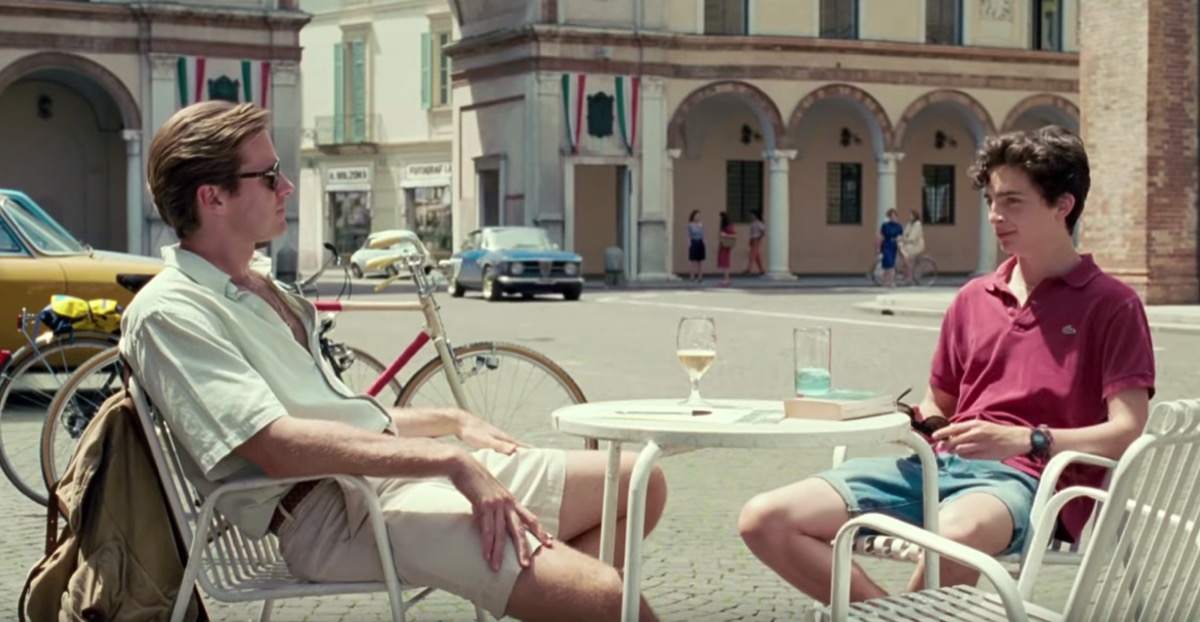
Many of the most memorable lines in the 2017 Luca Guadagnino romance were pulled directly from André Aciman's novel, which came out a decade prior. But the film's exceptional casting helps give it an edge over the book: Timothée Chalamet and Armie Hammer bring real complexity and emotional depth to the characters of Elio and Oliver, respectively, and their chemistry is just palpable. And for a look at some more truly classic literature, here are 40 Books You Hated in High School That You'll Love Now.
To discover more amazing secrets about living your best life, click here to follow us on Instagram!
